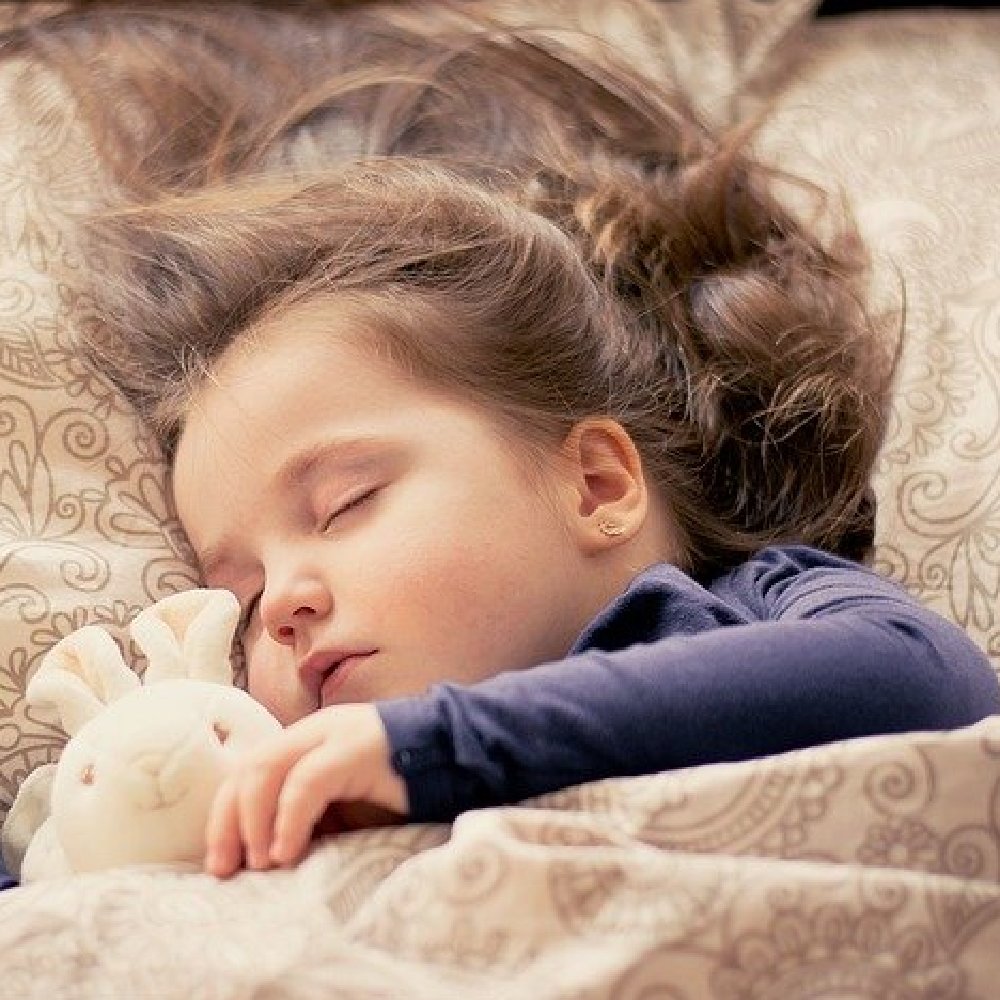As we head into the busy festive season, it’s more important than ever that the whole family is able to benefit from a regular and restful night’s sleep.

Not only does this boost our overall health and wellbeing, but getting the recommended amount of daily sleep, naturally boosts our immune levels - something which is essential for keeping well this Christmas season.
When it comes to children there are many tips and tricks we can implement into our daily routines which will help bolster the ultimate night’s sleep, resulting in a happier family environment.
Natalie Pennicotte-Collier – sleep specialist at ‘Hypnos’ – shares her advice on how to ensure a great night’s sleep for the entire household this season.
Routine is key
Children thrive on routine and the same can be said for parents. Adopting a simple mid-week sleep strategy which the entire family commits to, can be highly beneficial. Stick to a regular wake-up and going to bed time and remember that children between the ages of 6 - 11 need at least 9-11 hours’ sleep each night. By keeping a consistent bedtime for younger children, things can remain much calmer and more enjoyable for everyone, encouraging a happy and healthy end to the busy day. The whole family will reap the rewards from dimming the lights, avoiding screen time at least a couple of hours before going to bed and swapping the temptation of technology such as tablets or phones for a relaxing read. This will all help with boosting the natural and powerful sleep-inducing hormone, melatonin that your brain produces in response to darkness.
Take time to talk
Always make time to indulge in ‘sleep talk.’ The power of connection at bedtime can work wonders for eliminating any niggling worries and boosting sleep quality. Helping young minds to unburden their troubles before settling down, rather than rushing them into ‘lights out’ and forcing any anxiety to fester, is a healthy habit to adopt. It’s also a good practice to get into early as it can boost emotional intelligence development, which helps with building strong relationships and succeeding at school and work.
Your bed and your mattress matters
Ensuring you have the correct mattress for your needs is one of the foundations to parents and children getting quality sleep night after night. Take time to think about what you need from your mattress and the size, comfort and support you require. What feels like a firm or soft mattress to some may not feel that way to others. That’s why Hypnos recommends trying a mattress out in person and in your preferred sleeping position for at least 10-20 minutes.
It’s also important to consider what your mattress is made from. Hypnos’ range of mattresses are made using natural and sustainable materials which are 100% biodegradable. They are free from any allergy-related chemicals and synthetic foams, which are known to trap heat and body moisture, meaning they are better for sleeping as the materials are breathable. They also help to regulate body temperature so you’re not too hot or too cold - something which can affect sleep quality.
Let there be light
The Autumn clock change has forced darker mornings upon us, meaning melatonin can linger, making it much harder to wake-up. Natural feelings of sleepiness can last longer and it’s trickier to get the children up and ready for their all-important and educational day.
This can result in a stressful start, but by implementing a simple change and going for a little walk and talk first thing, you could make a really positive change. Increasing the amount of daylight you’re exposed to in this way, even if it’s just by 20 minutes each day, can improve overall sleep quality.
All children should aim for at least 45 minutes to an hour of exercise every day, so by introducing this first thing in the morning, your child’s brain will wake up earlier and they will tend to go to bed earlier and enjoy a longer, better quality sleep.
Cut-down on ‘sleep sugar’
We’re not talking about that craving for a sugary edible treat at bedtime (which isn’t recommended) but rather addictive actions or habits that we think will give us a nice happy boost before bed, much in the same way something sweet would. The reality is these type of activities can actually act as a stimulant and damage our sleep quality as a result. Screen time and social media is a prime example of this. It’s powerfully addictive for young minds and the scroll content can become far too immersive before bedtime.
In fact, the more time adolescents spend on screen-based activities like obsessing over photos on Instagram or watching video after video on Tik Tok, the more trouble they may have falling and staying asleep. This is because the blue light emitted from computers, tablets and smart phones actually keeps us alert and awake by suppressing melatonin secretion in our brains.
To tackle this try not to ban these kinds of devices outright, especially if this is something your child has been used to doing. It’s likely most children won’t respond well to that enforcement of control and you could end up with a more stressful bedtime environment. Instead, try encouraging a bedtime routine such as a bath or getting them to use technology in a positive way by listening to a podcast, a sleep meditation or story, or an audio book, which can be a great way of relaxing their minds and inducing an undisturbed night’s sleep.
For more sleep advice and information on Hypnos’ collection of stylish and ethically made beds, visit www.hypnobeds.com

